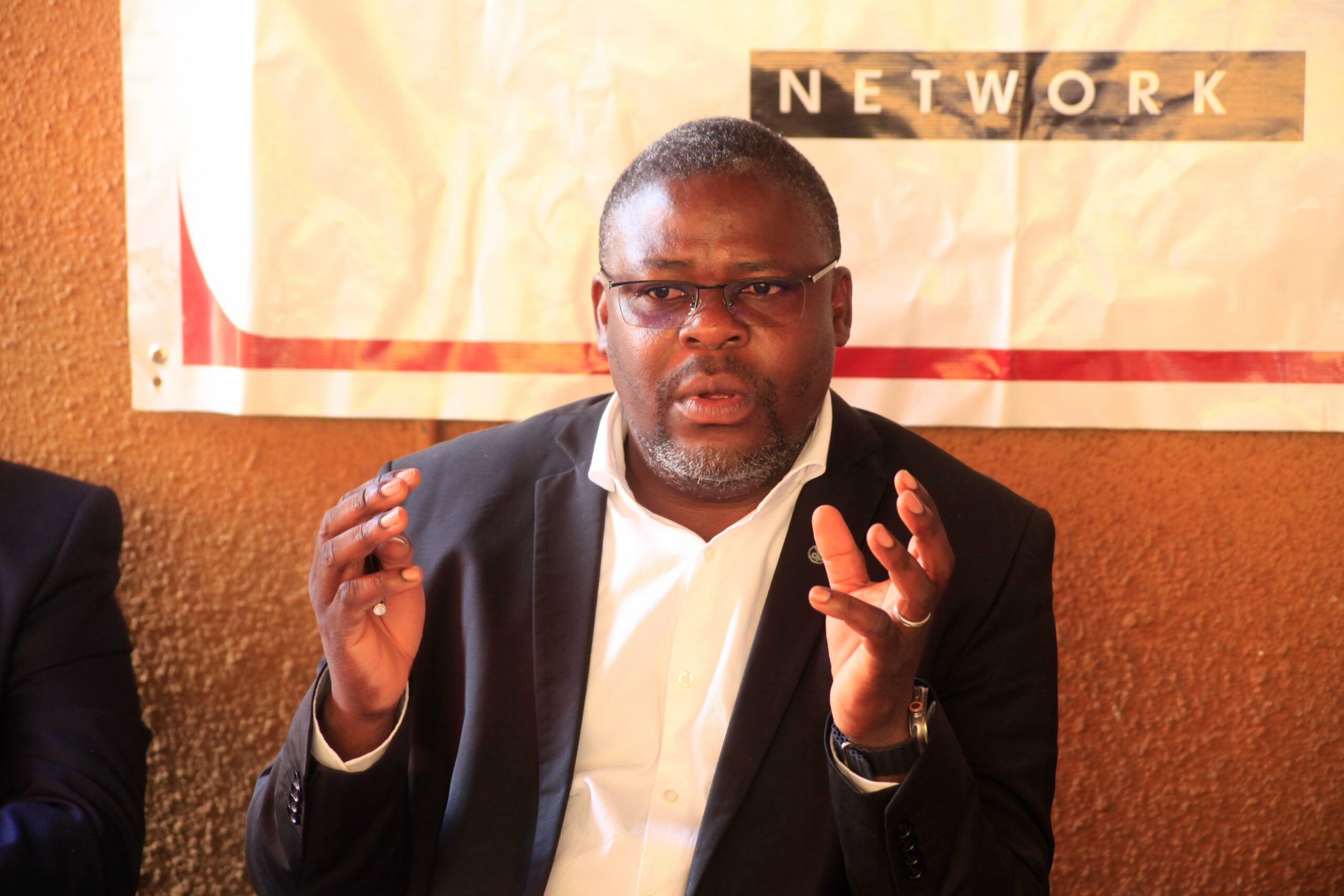
 Mama FM
Mama FM

 Mama FM
Mama FM
25 May 2024, 12:56 pm
By Byamukama Alozious
Vaccines have played a crucial role in preventing many infectious diseases worldwide. Over the decades, vaccines have been developed to combat viral attacks, with Edward Jenner being credited for creating the first successful smallpox vaccine in 1796, later approved by the World Health Organization (WHO).
In Uganda, vaccines have been instrumental in preventing the spread of diseases by immunizing individuals to reduce transmission within communities. They have also been essential in stimulating immune responses, eradicating diseases, protecting vulnerable populations (like children from polio, whooping cough, TB, among others), and reducing health costs. Vaccines are particularly important for high-risk groups such as infants, the elderly, and those with compromised immune systems.
Prof. Pontiano Kaleebu, a renowned Ugandan physician, clinical immunologist, HIV/AIDS researcher, academic, and medical administrator, and recently director at Uganda Virus Research Institute, highlighted during a meeting with health journalists from the Health Journalists Network that some infectious diseases remain without vaccines due to their behavioral complexities.

He pointed out that the HIV vaccine is challenging because HIV mutates rapidly, making it difficult to target with a single vaccine. The virus has multiple strains, complicating vaccine development further. Additionally, HIV’s ability to evade the immune system makes it harder to develop a vaccine that offers long-lasting protection. However, ongoing research is testing various types of vaccines, including vector-based and protein subunit vaccines. The ultimate goal is to find a safe and effective way to prevent HIV infection without integrating into the host’s DNA.
Despite the trans-formative impact of vaccines on the health sector, vaccine hesitancy remains a significant issue, primarily due to misinformation and disinformation within communities. Dr. Henry Kyobe Bossa, the incident commander at Ministry of Health mentioned that although there is no specific data on vaccine hesitancy, indicators show it is a growing concern. This was particularly evident during the COVID-19 pandemic, where about 25 million people were vaccinated, but a sudden decline in vaccine uptake occurred as COVID-19 infections decreased.
Dr. Kyobe attributed this decline to misinformation about vaccines, often spread by prominent figures. “Some individuals misuse their privilege to decampaign vaccines, which worries me because we have the data, and they have been vaccinated,” he stated. Other causes of vaccine hesitancy in Uganda include cultural beliefs and practices, fear of side effects, and lack of education, which limits health literacy and understanding of vaccine benefits.

To combat vaccine hesitancy, Dr. Kyobe emphasized using the Public Health Act as a tool. This Act helps create a supportive legal and regulatory framework that promotes vaccination, ensures public access to accurate information, and builds trust in the healthcare system. “We must protect vaccines because the world has never discovered a disease preventive measure like vaccines,” Dr. Kyobe said. He added that vaccine hesitancy is notably prevalent among the elite class, who should be setting an example. He also called on health journalists to assist communities by publishing factual information swiftly.